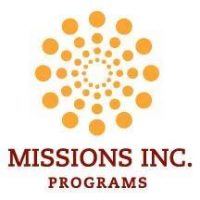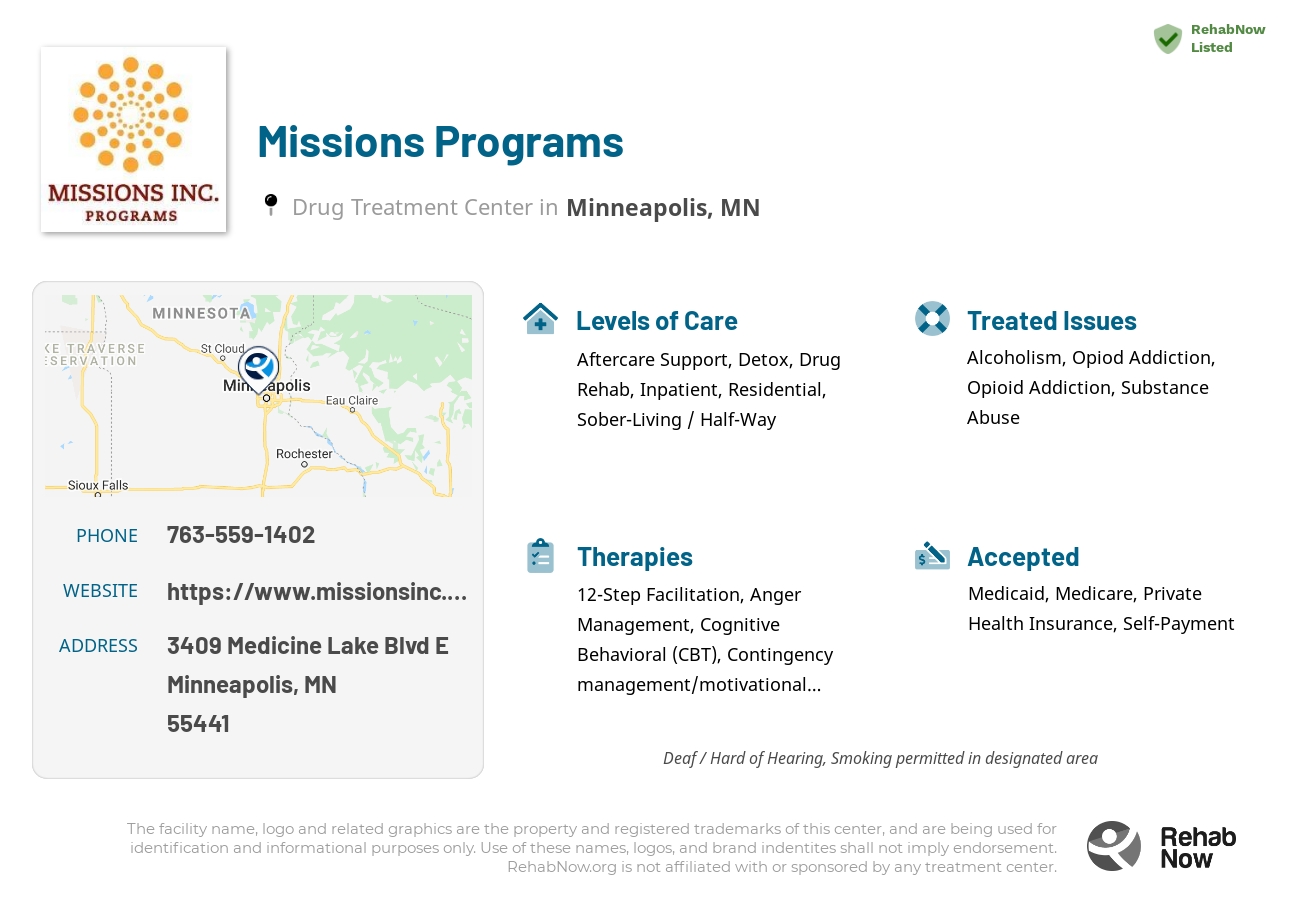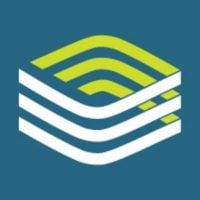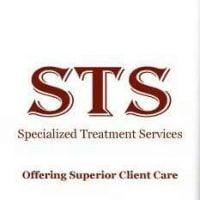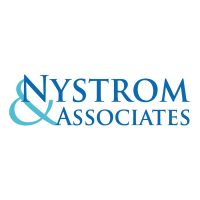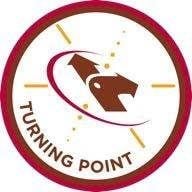About This Minneapolis, MN Facility
Missions Programs in Minneapolis, Minnesota is a comprehensive treatment program dedicated to providing exceptional care and support for people struggling with addiction and substance abuse. Their mission is to provide a holistic approach to healing that incorporates a range of evidence-based practices like Cognitive Behavioral Therapy, Dialectical Behavioral Therapy, Eye Movement Desensitization and Reprocessing, family therapy, 12-step program, and more. They also offer aftercare services such as sober living support, alumni activities, and other therapeutic activities.
Missions Programs has an array of specialized treatment programs tailored to each individual's needs, ranging from detoxification and inpatient residential care to partial hospitalization and intensive outpatient treatment. They also provide an array of therapeutic activities to help treat the underlying causes of addiction, such as trauma-focused therapy, mindfulness practices, art therapy, music therapy, and recreational therapy. Additionally, they provide medication-assisted treatment and nutrition counseling to help manage the symptoms of addiction.
Missions Programs is accredited by The Joint Commission, a nationally recognized accreditation organization. They are also licensed by the state of Minnesota and have received several awards from organizations such as the American Society of Addiction Medicine and the National Alliance on Mental Illness. Additionally, they offer unique programs such as their Healing the Healer Program, a specialized program for first responders, which includes group and individual therapy, educational components, life skills training, and relapse prevention.
Genders
Ages
Modality
Additional
Conditions and Issues Treated
Substance abuse refers to the intensive and inappropriate use of psychoactive substances. Psychoactive substances are those that affect brain function. These include illegal drugs, alcohol, and even the excessive use of prescription drugs. The overuse of psychoactive substances leads to severe physical or psychological dependence. It also affects the social life and relationships of the affected individual. Substance abuse is treatable.
The duration of treatment at Missions Programs in Minneapolis can require weeks or even months depending on the severity of the condition as there is a risk of relapse. Treatment options include medications, counseling sessions, various types of behavioral therapy, and group therapy in different combinations.
Addiction to prescription opioid painkillers like oxycodone and hydrocodone, and illicit opioids such as heroin, leads to potentially life-threatening withdrawal symptoms when discontinued. Opioid addiction treatment typically involves an inpatient stay at facilities like Missions Programs to make sure they get through withdrawal safely. Treatment also includes comprehensive mental health counseling.
Levels of Care Offered
This center offers a variety of custom treatment tailored to individual recovery. Currently available are Aftercare Support, Detox, Drug Rehab, Inpatient, Residential, Sober-Living / Half-Way, with additional therapies available as listed below.
One of the first things an addict should do when entering treatment is to abstain from using illicit drugs completely. Depending on the length of time that the person has been using, the addict may have to go through alcohol or drug withdrawal. Fortunately, detox doesn’t have to be done alone, and withdrawal symptoms can be managed medically in an inpatient or outpatient setting. While detox may be uncomfortable, it is not life-threatening. Detoxification allows the addict to rid the body of all traces of drugs or alcohol and gives the addict a clean slate for their recovery.
Inpatient programs are intensive regimes that require individuals suffering from serious addictions to admit themselves into a controlled environment. Inpatient programs in Minnesota generally span over 28 days to six months. The first step in an inpatient program is medically assisted detox. Doctors and addiction specialists at Missions Programs monitor the individual’s vital signs as the drugs leave their system. Some inpatient rehab programs also provide counseling for family members to provide encouragement and emotional support. In inpatient programs, patients have access to 24-hour medical supervision.
Sober living houses in Minnesota help the patient to smoothly transition from a formal treatment program to a normal life. They are also known as recovery residences or half-way houses. SLH like Missions Programs provide the advantage of residing with a peer-group who had similar experiences.
Residential treatment programs are those that offer housing and meals in addition to substance abuse treatment. Rehab facilities that offer residential treatment allow patients to focus solely on recovery, in an environment totally separate from their lives. Some rehab centers specialize in short-term residential treatment (a few days to a week or two), while others solely provide treatment on a long-term basis (several weeks to months). Some offer both, and tailor treatment to the patient’s individual requirements.
Treatment is just a first step in sustaining sobriety. After rehabilitation, counseling for aftercare helps the person adapt to a life without drugs. A sober living facility in Minneapolis, job therapy, or educational assistance may be included in this service, managed by Missions Programs. This is when a preventive strategy for relapse starts to take shape.
Missions Programs‘s Therapies & Programs
In addiction recovery at Missions Programs, therapy plays a significant role. This helps patients get to the root of their addiction and discover how the problems that contributed to their use can be handled better. Therapy can be performed in a group and one on one settings. The patient interacts with the therapist in a one-on-one atmosphere during individual therapy. This encourages them to reflect on the underlying addiction problems and develop ways to avoid potential future abuse.
Many people turn to drugs and alcohol as a way of processing trauma that has affected them in the past. Trauma can include abuse, neglect, the loss of a loved one and other unpleasant incidents. Trauma therapy at Missions Programs helps patients process trauma. It gives them the tools to deal with it in a healthier manner.
Cognitive Behavioral Therapy (CBT) examines the relationship between a patient’s thoughts, feelings and behaviors. Missions Programs aims to establish a healthy response to thoughts and feelings as an alternative to turning to drugs and alcohol. It also promotes healthy communication between addicts and those around them. It is and effective therapy for people suffering with all types of addictions.
Life skills pertain to the skill sets a person should possess to become successful in life. Examples are time management, budgeting, and social abilities. Life skills therapy highlights the fact that addiction recovery is more than just a person’s ability to go through their day-to-day without resorting to substance use in Minneapolis, MN once they leave the facility.
The recovery technique used by Alcoholics Anonymous is the 12 step program, but it can relate to any form of addiction. The 12 steps that addicts must take on the road to recovery are explained. Measures include acknowledging that you have a problem and agreeing to turn around your life. The curriculum, instructed by Missions Programs, also requires a belief in a greater power and making amends to others.
Contingency Management (CM), also called motivational incentives, is a type of pure behavioral therapy. It’s based on the idea that behavior is shaped, motivated, or controlled by its outcomes. CM is a clinical application at Missions Programs of operant conditioning, which helps clients eliminate unwanted behaviors by the use of positive and negative reinforcement.
Payment Options Accepted
For specific insurance or payment methods please contact us.
Is your insurance accepted?
Ask an expert, call (888) 674-0062
Additional Details
Specifics, location, and helpful extra information.
Minneapolis, Minnesota 55441 Phone Number(763) 559-1402 Meta DetailsUpdated November 25, 2023
Staff Verified
Patient Reviews
There are no reviews yet. Be the first one to write one.
Minneapolis, Minnesota Addiction Information
Minnesota is fighting an opioid epidemic that is leaving hundreds of its residents dead each year. Both prescription opioids and illicit opioids are widely abused in the Land of 10,000 Lakes. Heroin continues to be one of the most commonly abused drugs in the state, if not the most common illicit drug. Over 10% of all treatment admissions in Minnesota list heroin as their drug of choice.
The drug addiction problem in Minneapolis, Minnesota, is relatively bad. About 8.5% of people in Minneapolis abuse drugs. Additionally, there were 536 drug overdose deaths in 2016, a 20% increase from the previous year. There were 5,191 treatment admissions for primary alcohol dependence in 2016. Some of the most common programs include inpatient rehab, outpatient rehab, and sober living homes.
Treatment in Nearby Cities
- Grand Marais, MN (239.5 mi.)
- Princeton, MN (38.9 mi.)
- Crookston, MN (243.8 mi.)
- La Crescent, MN (133.2 mi.)
- Minneapolis, MN (8.1 mi.)
Centers near Missions Programs
The facility name, logo and brand are the property and registered trademarks of Missions Programs, and are being used for identification and informational purposes only. Use of these names, logos and brands shall not imply endorsement. RehabNow.org is not affiliated with or sponsored by Missions Programs.
